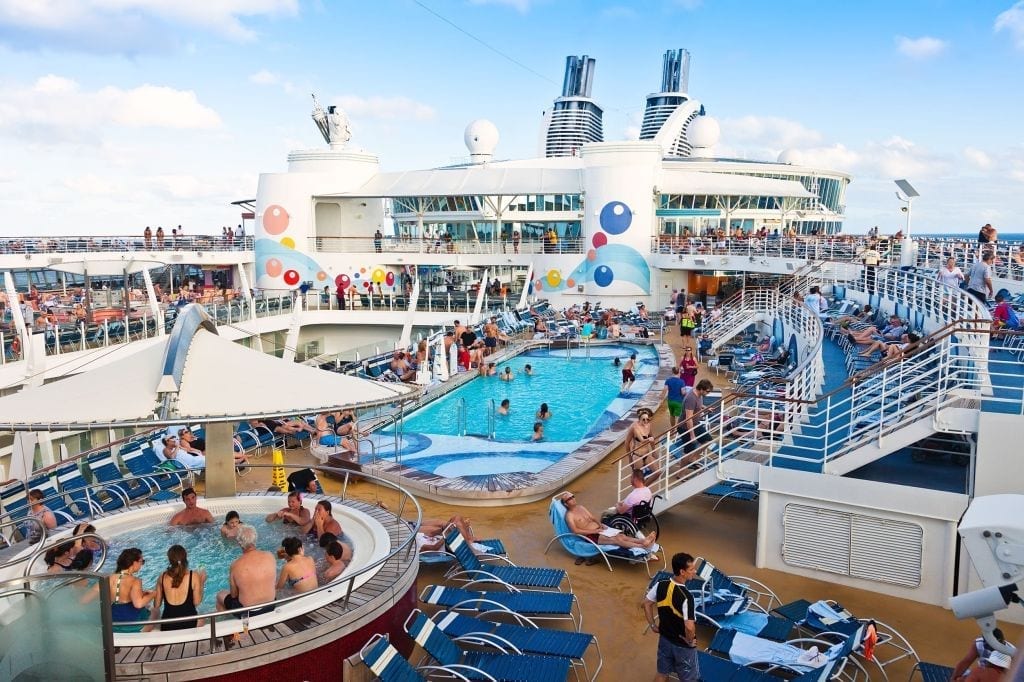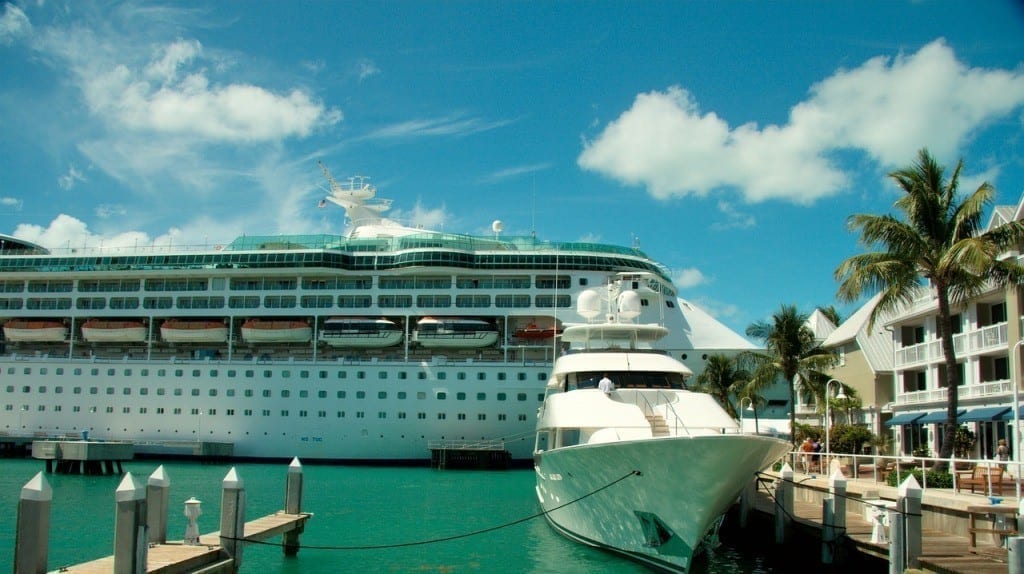Following the death of Thomas Eric Duncan, the first US Ebola patient, and the hospitalization of two nurses who had been treating Duncan, health care workers who had any kind of contact with the patient were warned not to travel. Unfortunately, this warning came after a lab worker who had handled Duncan’s samples embarked on a Carnival cruise to Belize and Mexico.
CNN reported that the Texas Health Presbyterian Hospital worker never came into direct contact with Duncan, but did handle samples that contained Ebola. She exhibited no symptoms of Ebola on the cruise, but elected to quarantine herself in her cabin as a precaution. She was on the cruise during the 21-day stretch of time that could have been the incubating period for Ebola if she had contracted the virus from Duncan.
The more than 4,000 passengers who were on the Carnival Magic with the health care worker were informed over a public address system that the woman was being monitored for Ebola. While no special restrictions were placed on other passengers, the health care worker was not allowed to disembark when the ship docked in Belize, and the ship had to cancel its port stop in Cozumel, Mexico (one of the cruise’s top port destinations).
Over the October 18th weekend, a US Coast Guard helicopter hovered over the Carnival Magic to pick up a blood sample from the health care worker. Fortunately, the tests came back negative for Ebola, and the ship was able to return to its home port in Galveston, Texas on October 19th. The ship’s passengers received $200 in credits for the missed stop in Cozumel and a 50% discount on future cruises.
Although it has become a tragic epidemic in Western Africa, Ebola is not an airborne virus and is therefore much harder to catch than the flu or a common cold. It is not spread during the incubation period, when patients are asymptomatic, and when there are symptoms, it can only be spread by direct contact with the bodily fluids of the infected person. Knowing all this, it was highly unlikely that the health care worker posed any serious threat to other patients. However, the false alarm on the Carnival Magic does raise an important question: how well-equipped are cruise ships to deal with any kind of viral outbreak?
Cruise Ships and Virus Containment
Large cruise ships typically carry thousands of passengers and crew members in a contained space with lots of shared public areas, such as pools and dining rooms. Because of this, it is relatively easy for certain hardy viruses to spread and infect a large percentage of the people on board this ship. Norovirus is the most well-known outbreak culprit on cruise ships in recent history, and several cruise ships actually had to cut their trips short last year after particularly insidious norovirus infections. Norovirus symptoms can be severe and have led to personal injury lawsuits in the past; in fact, earlier this year, passengers who were on a Fred Olsen cruise recovered a 280,000 pound settlement (roughly 450,000 US dollars) for suffering severe diarrhea, vomiting, and stomach cramps when norovirus broke out on the ship.
It is obviously not in a cruise ship’s best interest to have hundreds of passengers and crew members falling sick, or to have to pay out a settlement in the wake of a viral outbreak, so it may be time for cruise lines to adopt more stringent methods for dealing with infection. Many cruise lines already participate in the Centers for Disease Control’s Vessel Sanitation Program, which is set up to help prevent the introduction, transmission, and spread of gastrointestinal illnesses.
However, cruise lines should also make sure that all their staff and crew members are trained to handle any kind of viral outbreak—as well as scares like the one that occurred recently on the Carnival Magic. Cruise ships should also ensure that they have the medical resources and health care providers necessary to handle a potential viral outbreak. If there is an outbreak on a ship, the cruise line should make sure the ship goes through a thorough sanitation process (fortunately, many ships already do this through the Vessel Sanitation Program).
If you suffer any kind of injury or illness while you’re on a cruise, contact a qualified maritime lawyer to determine if you may be eligible for compensation. If the cruise line failed to take the proper steps to sanitize their ship, or if a ship doctor did not provide you with the care that any reasonable doctor would have, they should be held accountable.
About the Author:
Andrew Winston is a partner at the personal injury law firm of The Law Office of Andrew Winston. He has been recognized for excellence in the representation of injured clients by admission to the Million Dollar Advocates Forum, is AV Rated by the Martindale-Hubbell Law Directory, and was recently voted by his peers as a Florida “SuperLawyer”—an honor reserved for the top 5% of lawyers in the state—and to Florida Trend’s “Legal Elite.”








